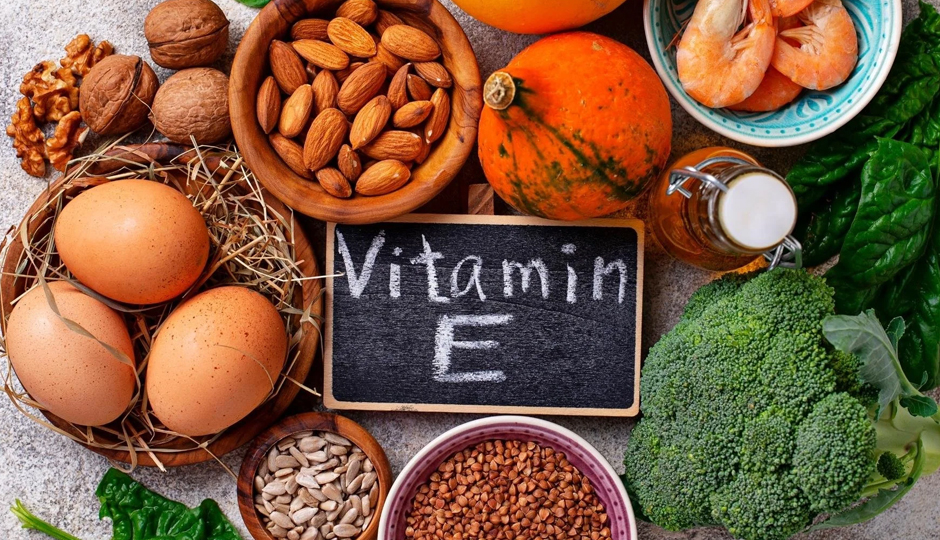- Home›
- Healthy Living›
- 9 Healthy Foods For Fatty Liver Treatment
9 Healthy Foods For Fatty Liver Treatment
By: Priyanka Maheshwari Fri, 05 July 2024 10:01:31
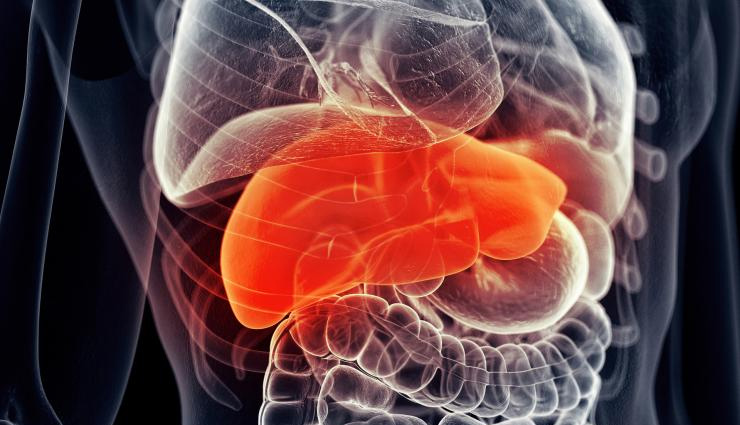
Fatty liver disease, also called hepatic steatosis, occurs when excess fat builds up in the liver. This can cause inflammation, scarring, and harm the liver's ability to function properly. Several factors can lead to fatty liver disease, including obesity, type 2 diabetes, high cholesterol, and excessive alcohol use. It can also be triggered by certain medications or viral hepatitis.
How to Identify Fatty Liver Disease
Diagnosing fatty liver disease usually involves blood tests and imaging studies like ultrasound or MRI. If you’re diagnosed, don’t worry—there are effective ways to manage it. Often, making lifestyle changes, such as adjusting your diet and increasing physical activity, can make a big difference. In more serious cases, medications or other medical treatments may be necessary.
Creating a Treatment Plan
It's essential to work closely with your healthcare provider to create a personalized treatment plan. This might include a mix of dietary changes, exercise, and, if needed, medical treatments. Generally, a diet low in saturated and trans fats and rich in fruits, vegetables, whole grains, and lean proteins can help manage and treat fatty liver disease.
Healthy Foods for Fatty Liver Treatment
Incorporating the right foods into your diet can be very beneficial. Here are some healthy options to consider:

Leafy greens
Leafy greens are a great addition to a fatty liver treatment diet as they can help reduce inflammation, improve liver function, and provide essential nutrients. Some of the best leafy greens for fatty liver treatment include:
Spinach: Spinach is high in antioxidants and has been shown to reduce liver fat accumulation and improve liver function.
Kale: Kale is high in fiber and antioxidants that can help reduce inflammation and improve liver health.
Collard greens: Collard greens are high in vitamin K, which is important for liver health, and are also a good source of antioxidants.
Arugula: Arugula is high in antioxidants and can help to reduce liver inflammation.
Beet greens: Beet greens are high in fiber and antioxidants that can help reduce liver inflammation and improve liver function.
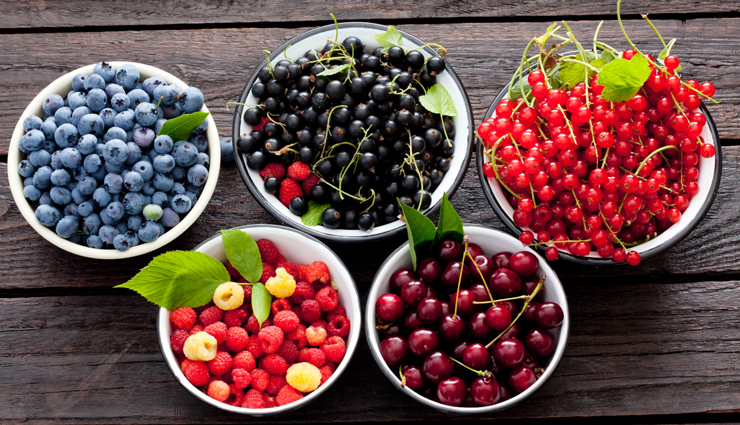
Berries
Berries are a great addition to a fatty liver treatment diet as they are high in antioxidants and anti-inflammatory compounds. They can help to reduce liver inflammation and improve liver function. Some of the best berries for fatty liver treatment include:
Blueberries: Blueberries are high in antioxidants called anthocyanins, which have been shown to improve liver function and reduce liver fat accumulation.
Blackberries: Blackberries are also high in antioxidants and can help to reduce inflammation and oxidative stress in the liver.
Raspberries: Raspberries are high in fiber and antioxidants, which can help to reduce liver inflammation and improve liver function.
Strawberries: Strawberries are a good source of vitamin C, which is important for liver health, and are also high in antioxidants that can help to reduce inflammation.
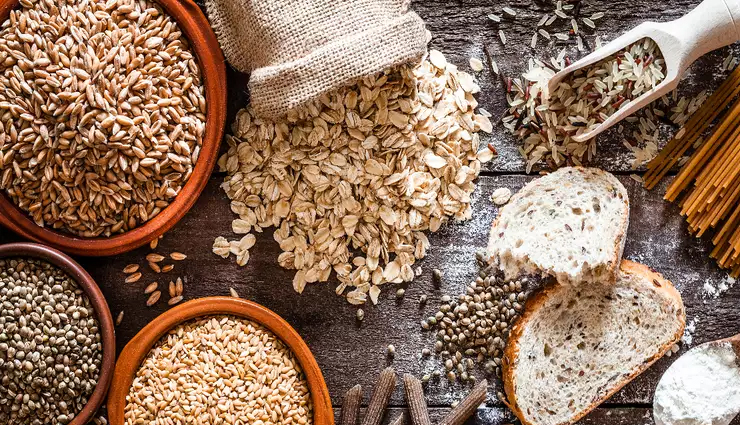
Whole grains
Whole grains are an important part of a healthy diet for fatty liver treatment. They are high in fiber, vitamins, and minerals that can help reduce inflammation and improve liver function. Some of the best whole grains for fatty liver treatment include:
Oats: Oats are high in soluble fiber, which can help to reduce cholesterol levels and improve liver function.
Brown rice: Brown rice is a good source of fiber and minerals such as selenium, which can help to reduce inflammation and improve liver health.
Quinoa: Quinoa is high in protein, fiber, and minerals such as magnesium and zinc, which are important for liver health.
Whole wheat: Whole wheat products such as bread and pasta are high in fiber, which can help to reduce inflammation and improve liver function.

Lean protein
Lean protein is an important component of a healthy diet for fatty liver treatment. It can help to reduce inflammation, improve liver function, and promote weight loss. Some of the best sources of lean protein for fatty liver treatment include:
Fish: Fish is a good source of omega-3 fatty acids, which have been shown to reduce liver inflammation and improve liver function.
Skinless chicken or turkey: Skinless chicken or turkey is a good source of lean protein and can help to reduce liver fat accumulation.
Legumes: Legumes such as beans, lentils, and chickpeas are a good source of plant-based protein and can help to reduce inflammation and improve liver function
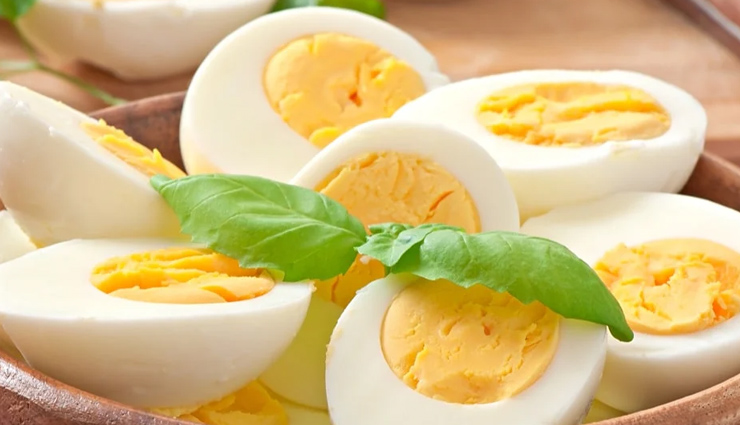
Eggs
Eggs are a good source of high-quality protein and are a great addition to a fatty liver treatment diet. They are also rich in essential vitamins and minerals, such as vitamin D and choline, which are important for liver health. However, it's important to note that the yolk of the egg is high in cholesterol, so it's best to limit the intake of egg yolks for people with high cholesterol levels.
Egg whites are a good source of protein and are low in fat and calories. They can be consumed in larger amounts than egg yolks, making them a better choice for fatty liver treatment. They can be prepared in a variety of ways, including boiled, scrambled, or in an omelet with vegetables.
Overall, eggs can be a healthy addition to a fatty liver treatment diet when consumed in moderation and prepared in a healthy way.

Nuts and seeds
Nuts and seeds are a great source of healthy fats, fiber, and protein, making them an important part of a fatty liver treatment diet. They are also rich in antioxidants and other important nutrients that can help to reduce inflammation and improve liver function. Some of the best nuts and seeds for fatty liver treatment include:
Almonds: Almonds are high in fiber, healthy fats, and vitamin E, which can help to reduce inflammation and improve liver function.
Walnuts: Walnuts are high in omega-3 fatty acids, which can help to reduce liver inflammation and improve liver function.
Chia seeds: Chia seeds are a good source of fiber and omega-3 fatty acids, which can help to reduce inflammation and improve liver function.
Flaxseeds: Flaxseeds are high in fiber and omega-3 fatty acids, which can help to reduce liver inflammation and improve liver function.
Pumpkin seeds: Pumpkin seeds are high in antioxidants and minerals such as magnesium and zinc, which are important for liver health.
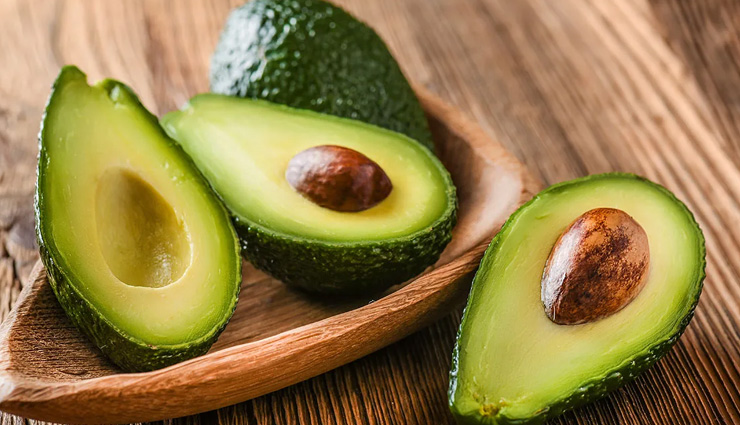
Avocado
Avocado is a great food for fatty liver treatment because it is high in healthy fats, fiber, and antioxidants. Avocado is rich in monounsaturated and polyunsaturated fats, which can help to reduce inflammation and improve liver function. The fiber in avocado can also help to promote healthy digestion and reduce the absorption of cholesterol and other harmful substances.
Additionally, avocado is rich in vitamins and minerals, such as vitamin C, vitamin K, folate, and potassium, which can help to support overall liver health. Avocado can be consumed in a variety of ways, such as in salads, smoothies, or as a spread on whole grain bread.
However, it's important to consume avocado in moderation as it is high in calories. A serving size of avocado is typically about 1/4 to 1/2 of a medium avocado. Incorporating avocado into a well-balanced diet along with other healthy foods can help to improve liver health and reduce the risk of developing liver disease.
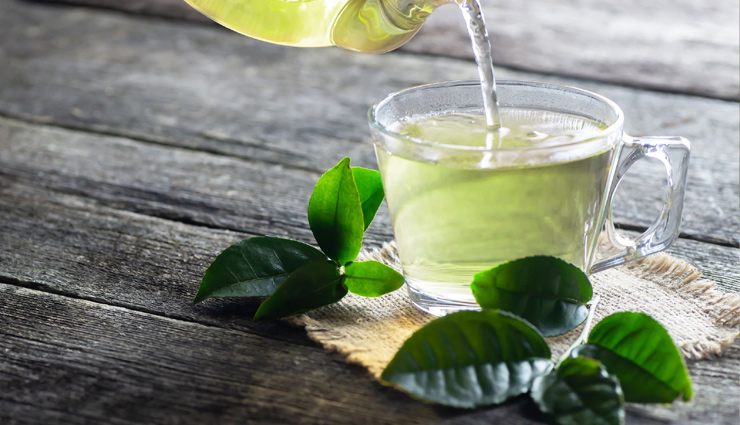
Green tea
Green tea is a popular beverage that is rich in antioxidants and other beneficial compounds that can help to improve liver health and prevent fatty liver disease. The main active ingredient in green tea is a polyphenol called epigallocatechin-3-gallate (EGCG), which has been shown to have anti-inflammatory and antioxidant properties.
Studies have found that drinking green tea can help to reduce liver inflammation and improve liver function, as well as decrease the accumulation of fat in the liver. Green tea can also help to prevent the development of liver disease in people who are at risk.
To incorporate green tea into a fatty liver treatment diet, it's recommended to drink 2-3 cups of green tea per day. It's important to note that while green tea is generally considered safe, it can interact with certain medications and may not be suitable for everyone. It's always a good idea to talk to a healthcare provider before making any significant changes to your diet or lifestyle.
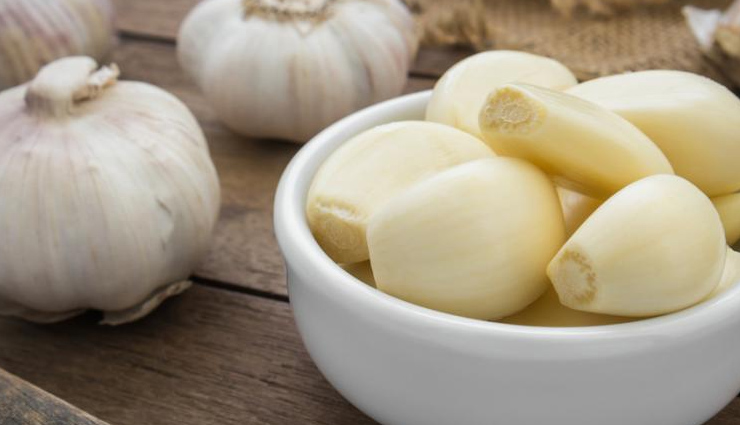
Garlic
Garlic is a pungent and flavorful herb that has been used for medicinal purposes for centuries. It is known to have numerous health benefits, including its potential to improve liver health and reduce the risk of developing fatty liver disease.
Garlic contains a compound called allicin, which has antioxidant and anti-inflammatory properties that can help to reduce liver inflammation and improve liver function. It may also help to reduce the accumulation of fat in the liver.
To incorporate garlic into a fatty liver treatment diet, it can be added to a variety of dishes, such as soups, stews, and stir-fries. It can also be roasted and spread on whole grain bread, or used as a seasoning for vegetables and meats.
However, it's important to note that excessive consumption of garlic may cause digestive discomfort, such as bloating and gas. It may also interact with certain medications, so it's always a good idea to talk to a healthcare provider before making any significant changes to your diet or lifestyle.
Overall, incorporating a variety of healthy foods into the diet can be beneficial for managing and treating fatty liver disease. It's important to work with a healthcare provider or a registered dietitian to create a personalized nutrition plan that meets your individual needs and goals.


